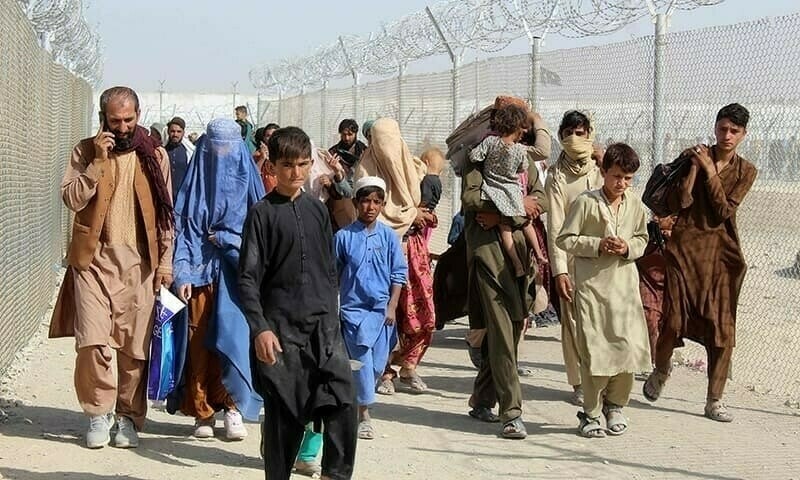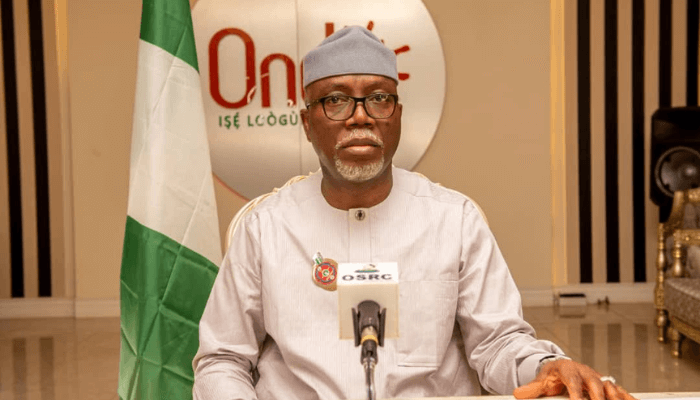By admin
Copyright dawatmedia24

After more than forty years of conflict, millions of Afghans were forced to leave their country due to war, poverty, and political instability. However, in recent years, changing circumstances, migration pressures from neighboring countries, and some international aid programs have enabled around 2.2 million Afghans to return from Iran and Pakistan alone. Managing this large-scale return is not just a matter of registration by the Ministry of Refugees but represents a major national project for their social, economic, and cultural reintegration.
The Importance of Reintegration in the Peace Process
Social cohesion: If refugees are not fairly integrated into society, feelings of injustice can lead to mistrust and social conflict.
Economic impact: Their skills, professional experience, and workforce are valuable assets for the country’s economic growth. However, if left unemployed, unemployment and poverty will rise.
Peace and stability: Post-conflict societies remain stable only when all segments of society feel part of the national structure.
UN Recommendations – Equitable Distribution of ResourcesSources from UNHCR and IOM emphasize that returning refugees should be provided with the following essential services in an organized and fair manner:
Employment opportunities: Programs for jobs in agriculture, construction, and small businesses.
Housing services: Provision of temporary shelters and launching national projects for permanent housing.
Education and training: Access to schooling for refugee children and vocational training courses for adults.
Psychosocial support: Counseling and treatment services for trauma resulting from war and migration.
Challenges Facing Reintegration
Economic pressure: Afghanistan already faces economic difficulties, and a sudden increase in population adds stress to the labor market.
Infrastructure shortcomings: Health, education, and housing systems are insufficient to meet all needs.
Social distance: Some refugees, having lived abroad for many years, are unfamiliar with cultural and social changes in their home regions.
Recommendations for Successful Reintegration
National reintegration strategy: A clear plan coordinating ministries, provinces, and international organizations.
Skills assessment programs: Identifying the professional qualifications of each returnee and matching them with job opportunities.
Private sector partnerships: Encouraging investors to launch projects employing returnees.
Strengthening social ties: Trust-building programs between local residents and returnees, such as joint social and cultural events.
Conclusion:The reintegration of returning Afghan refugees is not the responsibility of a single agency but a shared duty of the entire government, the people, and international partners. If this process is conducted transparently, fairly, and inclusively, not only will the war-affected society unite, but it will also lay a strong foundation for long-term peace and economic development.
Support Dawat Media Center
If there were ever a time to join us, it is now. Every contribution, however big or small, powers our journalism and sustains our future. Support the Dawat Media Center from as little as $/€10 – it only takes a minute. If you can, please consider supporting us with a regular amount each month. Thank you
DNB Bank AC # 0530 2294668
Account for international payments: NO15 0530 2294 668
Vipps: #557320
Donate Here



